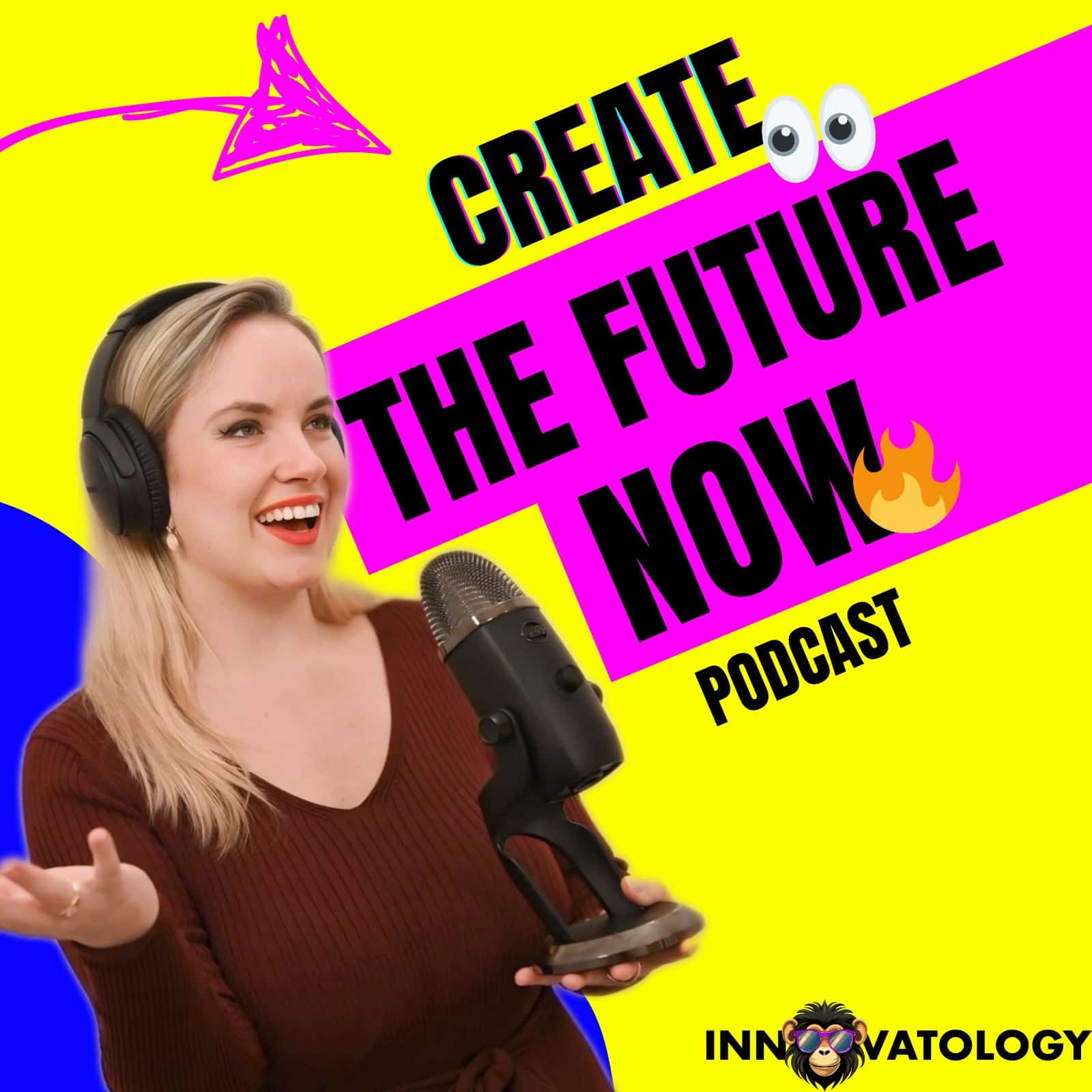Are you ready to supercharge your lead generation and transform your content strategy? In this episode of Create the Future Now, we dive into how to generate leads and create authentic connections with Yann Ilunga, an international speaker, consultant, and podcaster with over 400 episodes published since 2014.
Yann reveals his groundbreaking S.P.A.R.K. Catalyst Method, a proven framework designed to help consultants, coaches, and entrepreneurs achieve 1000x leads by fostering genuine relationships and crafting a strategic approach to prospect engagement.
Transcript;
00:00:00
Hello everyone and welcome to our another Innovatology episode. Innovatology is a one-stop shop to the latest tech and innovation. We care about your digital skills because they are really important for your career growth, for your online businesses and even much more. I am Marie, the CEO and founder of Innovatology and I am here today with Yann and we will be speaking about lead generation. Hello Yann. Hi, thank you for yet another invite. It’s great to be back. Yes, actually we know each other well; he was the first guest that I had on the podcast already two years ago. So he was the beginning of my career in podcasting. It was an online podcast that we had together and it was for another project of mine.
00:00:52
But now we are here in person after two years in Helsinki, even which is just wow, like I cannot imagine how small it is. And so can you maybe tell our audience more about yourself? Maybe some of you who are watching us right now, you can already know Ian from the previous podcast two years ago. But for those who don’t know who you are, yeah, for sure. Like you said, we are here in Helsinki, Finland. That’s where I’m based. My name is Yann Ilunga and I’m a consultant. I’ve been in the podcasting space for at the time. We’re recording for 10 years now. And to date, I’ve published close to 500 episodes, audio only. I’ve done some work with video as well. And in my work, I help clients with regeneration and prospecting.






